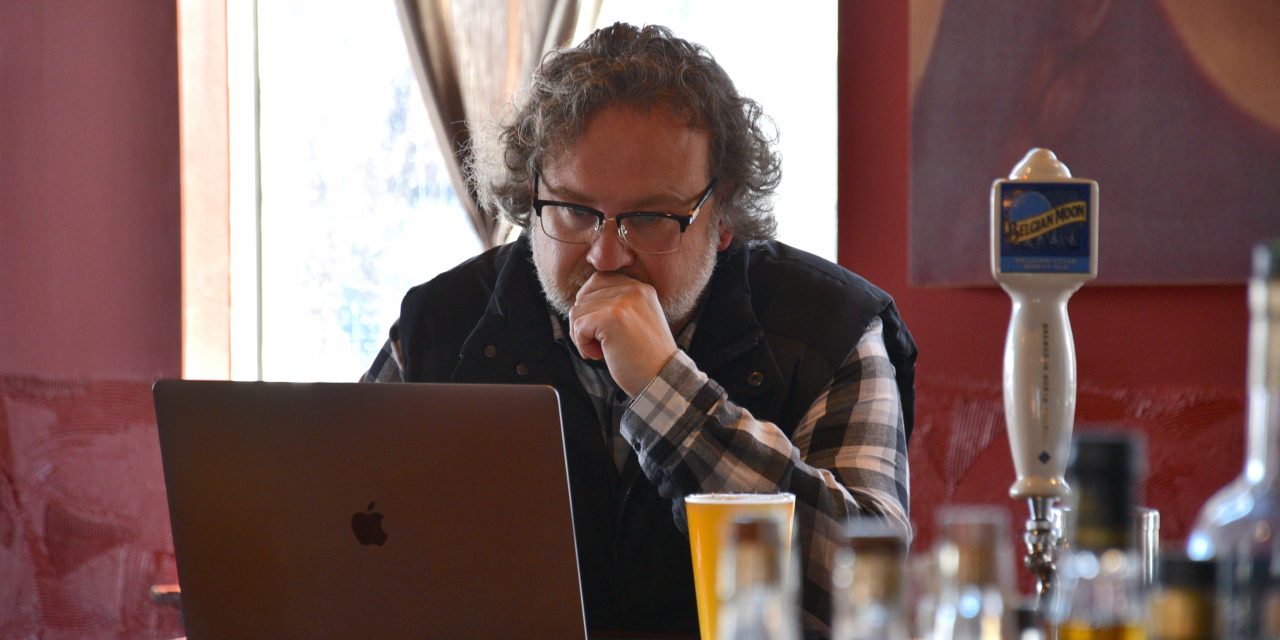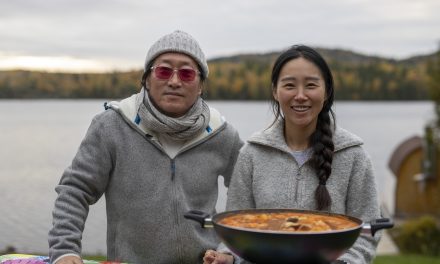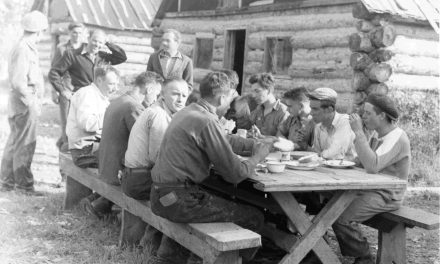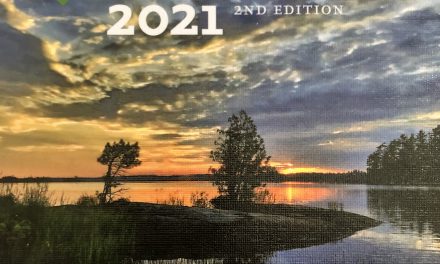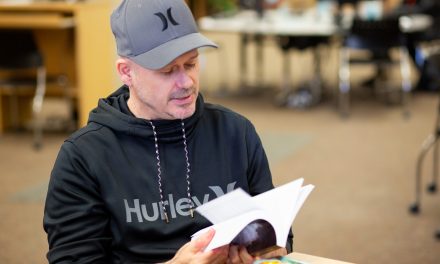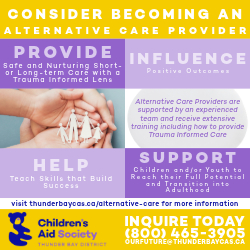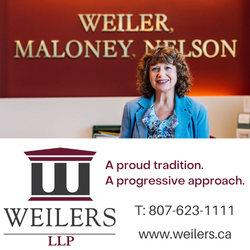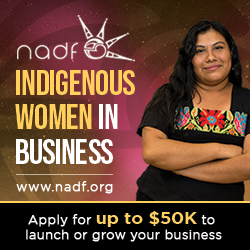Editorial by Jon Thompson
The balance of community and anonymity might be the most underrated quality of living in a small city like Thunder Bay. You don’t recognize everybody you see, but whenever you go out, you’re likely to run into somebody you know.
If you’re not too rushed to talk, you might find more common ground than you remember. You might even wish you saw each other more often. But it’s a coin toss that can easily go the other way, where you discover someone you thought you knew has fallen into some unfathomable obsession that has consumed their entire life.
I never thought I’d miss it so much.
There was something about the range of humanity that brushed off in those infrequent, sometimes shallow conversations—something we lost over the global pandemic’s long winter.
We all want to contribute in times of crisis but the only role we were given was to wear masks, get vaccinated, stay home, and wash our hands. Our two-year isolation narrowed our social circles and we lost all our shades of grey in the online echo chambers. It seems the only thing on which we can agree is that we’re more divided than ever.
With COVID restrictions loosening, confusing “new normals,” and our rusty social skills, this spring will be disorienting for everyone to navigate. Now suddenly, we’re in an election year.
An authoritarian trend with popular support across the spectrum was digging into our political culture long before the pandemic began, and its roots have only grown deeper. Throughout history, it’s the direction things tend to go in fearsome times. We’ve seen our systems buckle under stress. We all know the structures of last century will need to adapt if we’re to meet the challenges to come. Uncertainty makes it tempting to believe that a strong leader could roll up their sleeves, take back whoever’s power should be ours, and fix it all.
But we can’t solve the real problems by voting, then going home and washing our hands.
Partisans will try to split us along the lines their focus groups tell them will move the needle a notch while strengthening their base. If we stay isolated, we might be duped into believing that our neighbours are somehow different from us and at worst, that their preferences will irreversibly ruin our province or city. We don’t have to fall for that.
We can resist similar urges to give in to forces who are deliberately spreading disinformation to sow mistrust in our institutions and the grotesque caricature they’ve painted onto our public square. Many point to better media literacy or civics education as long-term solutions. In the short term, taking the time to anchor our political beliefs in the nuts and bolts of how things actually work would go a long way to stabilize the conversation.
Political leaders and senior bureaucrats letting us in could contribute a great deal to that end. Our institutions have taken it upon themselves of late to present a sleek image under an evergreen public relations campaign that everything is fine and the people in charge have it handled, despite appearances to the contrary.
But done right, democracy’s a messy way to do business and the better it’s done, the messier it looks. The more interests get in the mix, the more likely the truth might come out that not everyone agrees. In a climate where disagreement can be interpreted as a challenge to power just as likely as it can be seen as power exerting its dominance, it makes the whole system look volatile. Unquestioningly trusting experts and distrusting them on principle are both dysfunctional approaches to democracy. Engagement is the antidote.
So the first thing we can do to cure “the division” is seeking out humanity again, in all its shades of grey.
Our very identities have come to inform our language and that can trigger those with different priorities. We’ll need to learn to listen between the lines to meet with the suffering and aspirations of what the other is truly saying. We’ll need to learn to see past the mirages that render us partisan spectators to our own society. We’ll need to learn to attend to what we can touch and act on those tangible things we can change. Imagine what we could build together if we harnessed all the energy it took for us to pull apart.
We can start by considering how our own expertise can contribute to a better society. We can open our circles again and respect different expertise, including lived experience. As we rebuild, we can demand meaningful opportunities to contribute to our democracy, and our leaders should heed those demands because a healthy democracy depends on us believing in it.
We’re going to disagree—sometimes strongly—about the next moves we make together. But they will be the right moves if we make them together, with respect for each other.
It’s time to get our hands dirty again.


